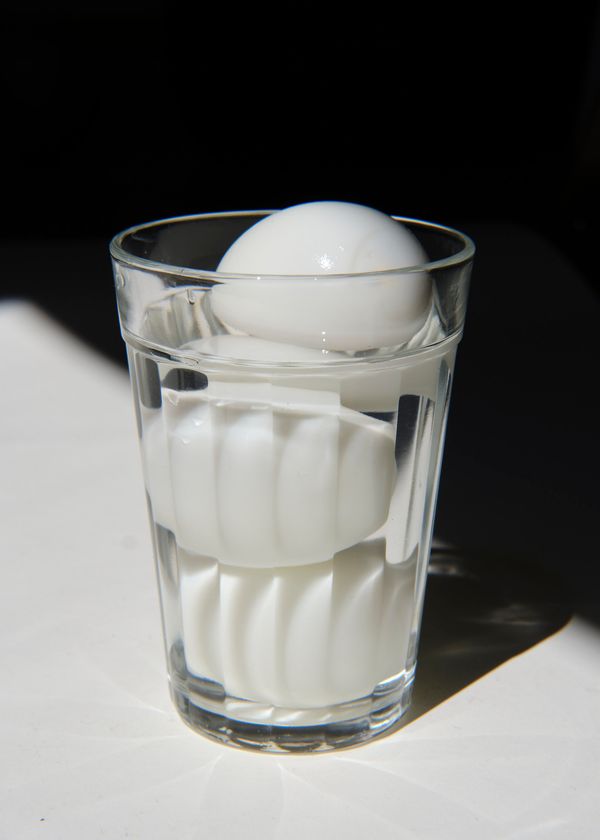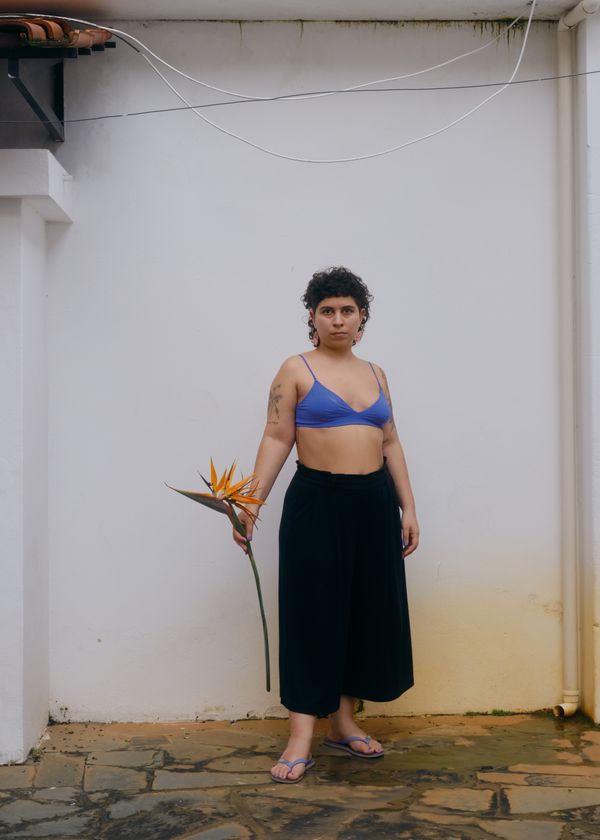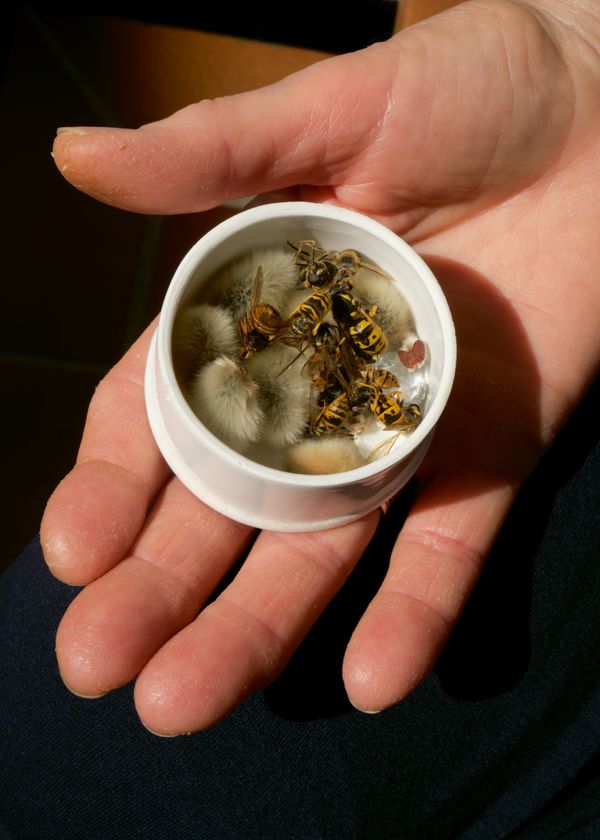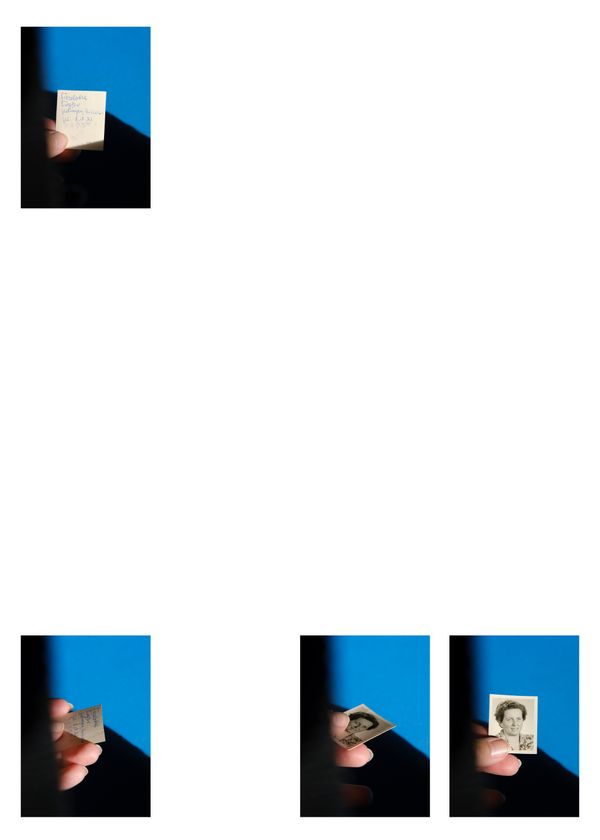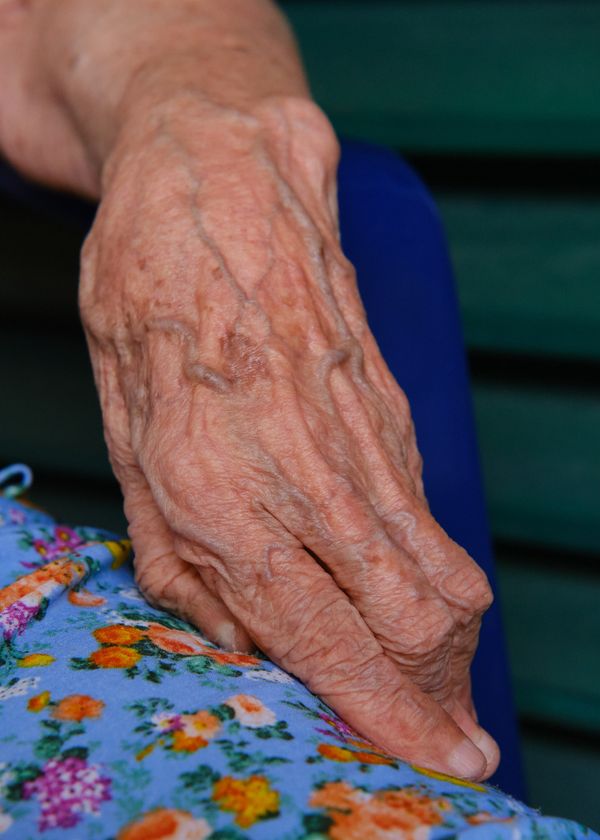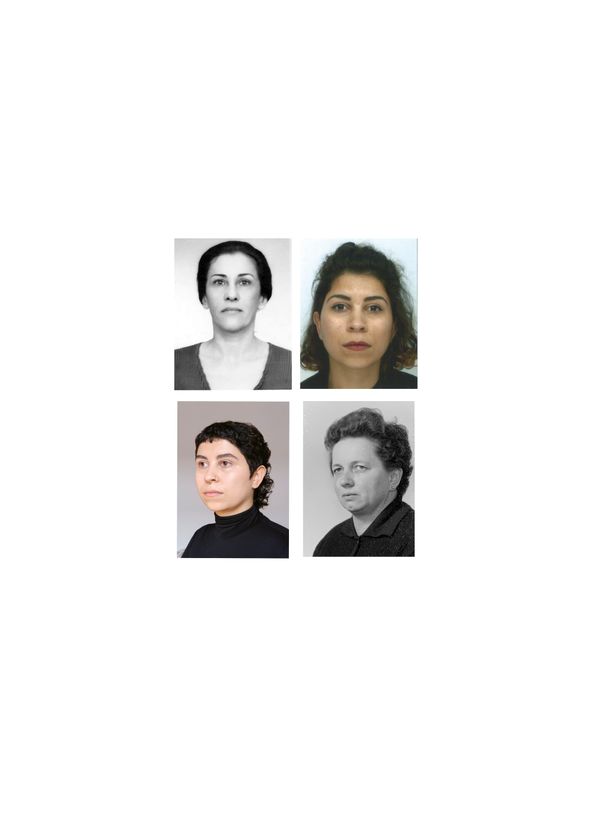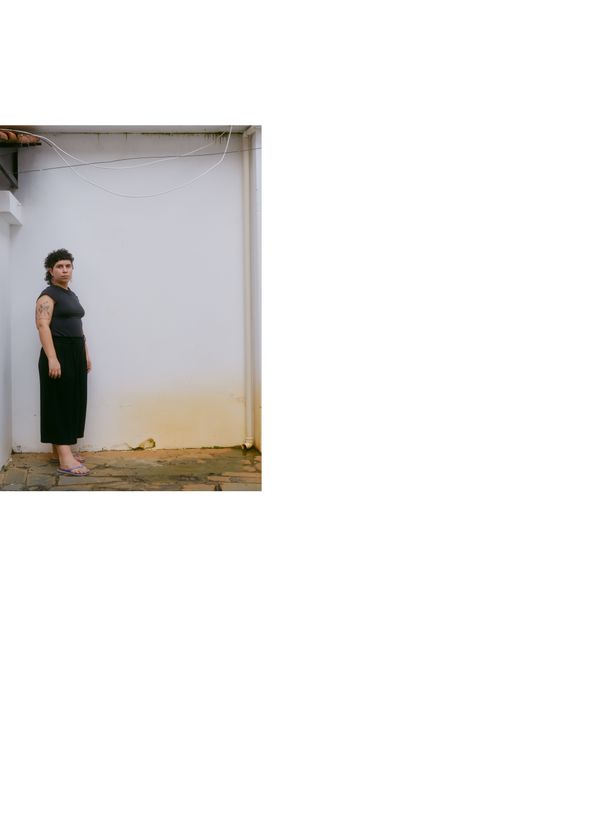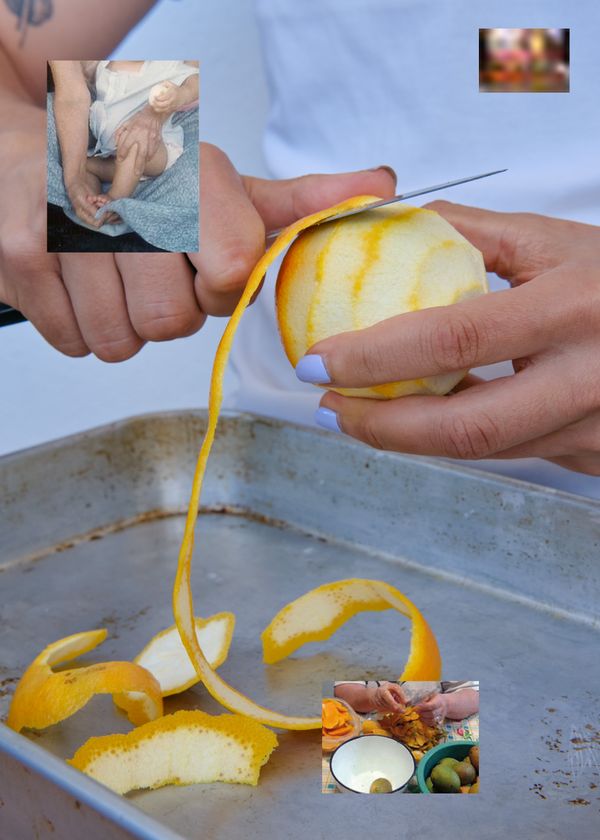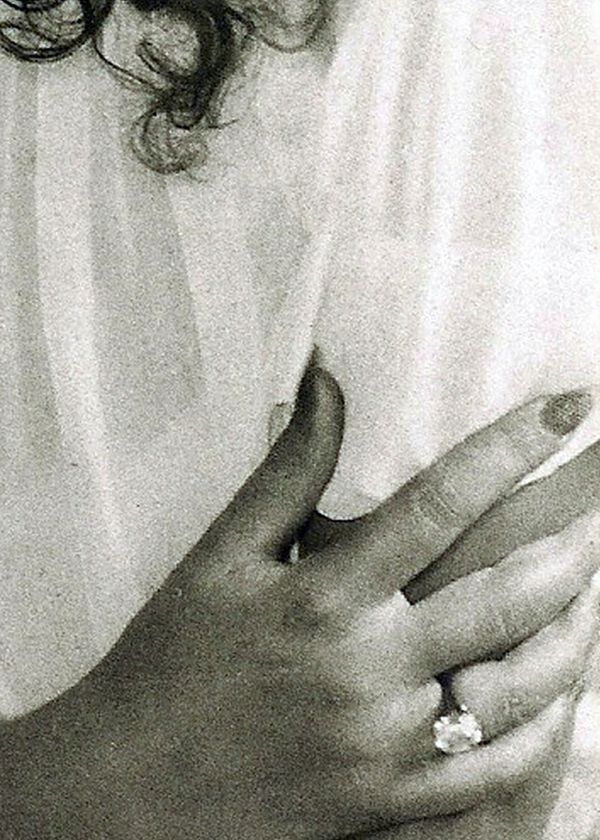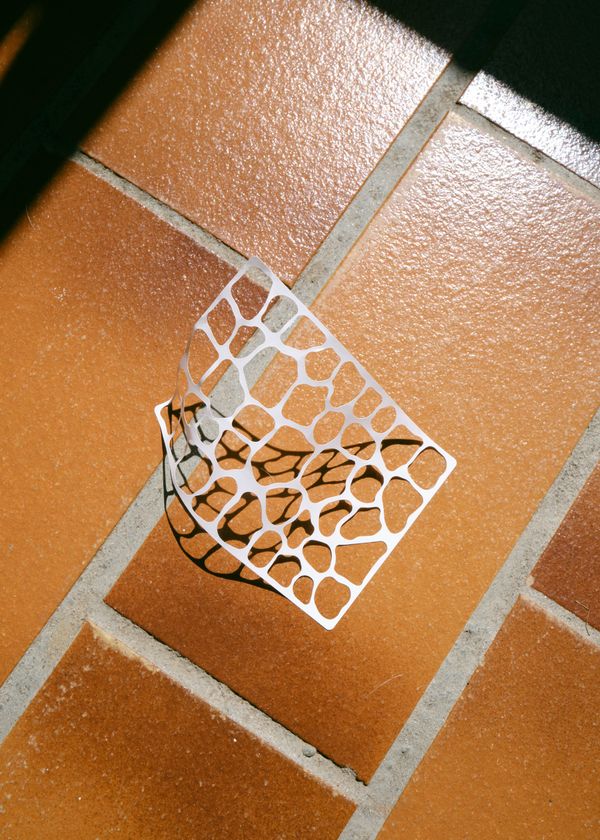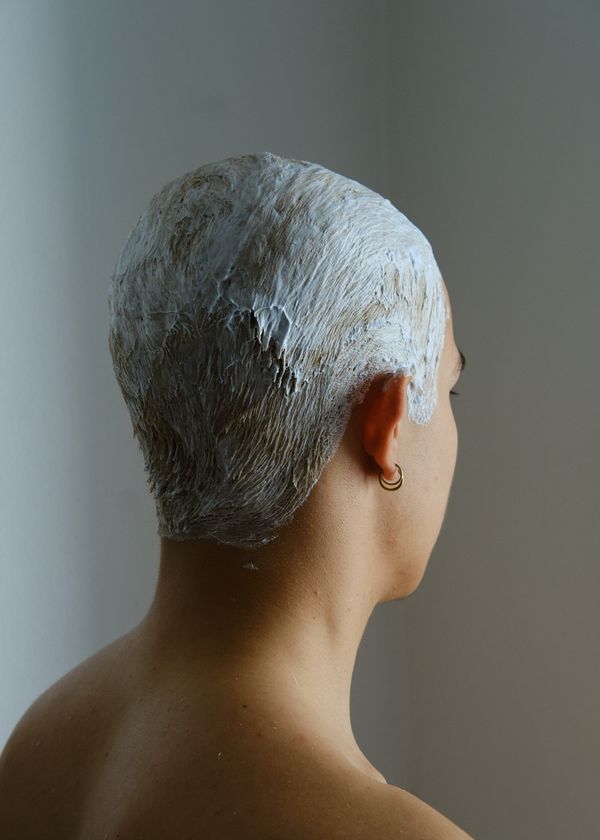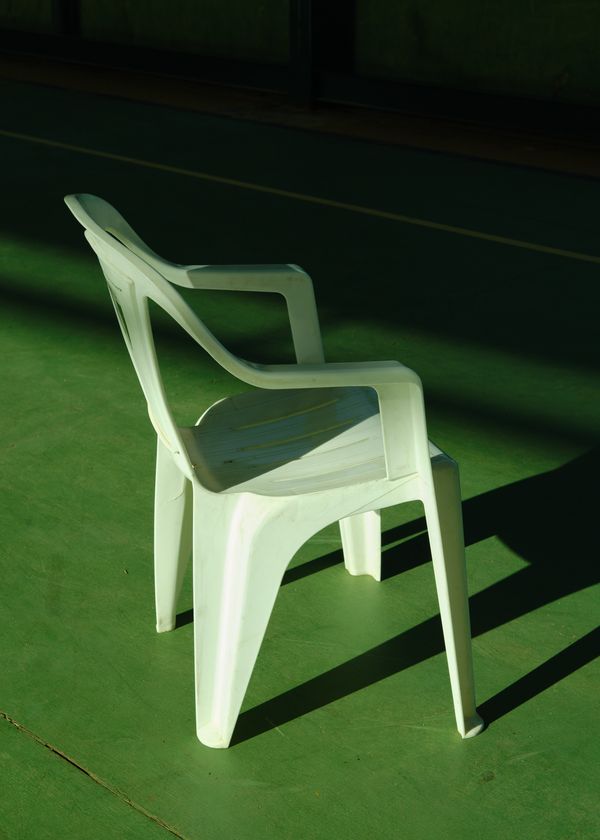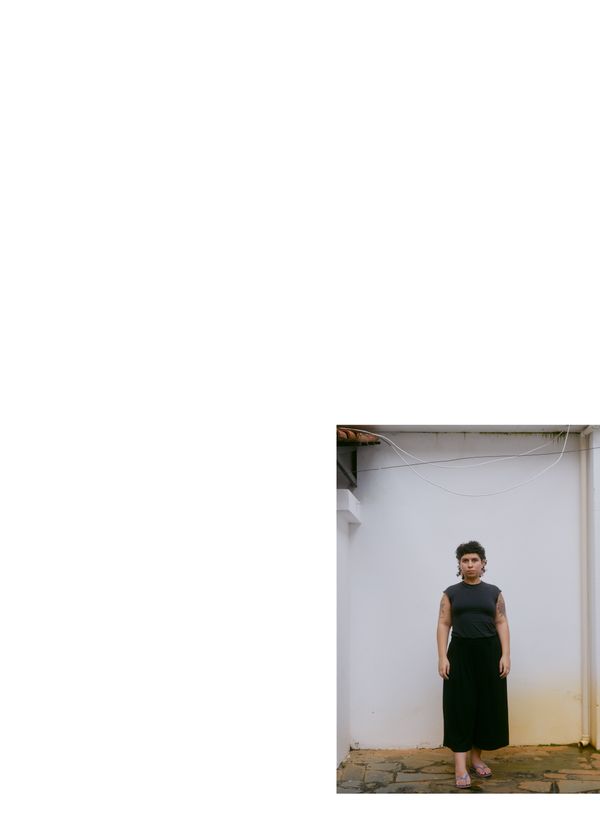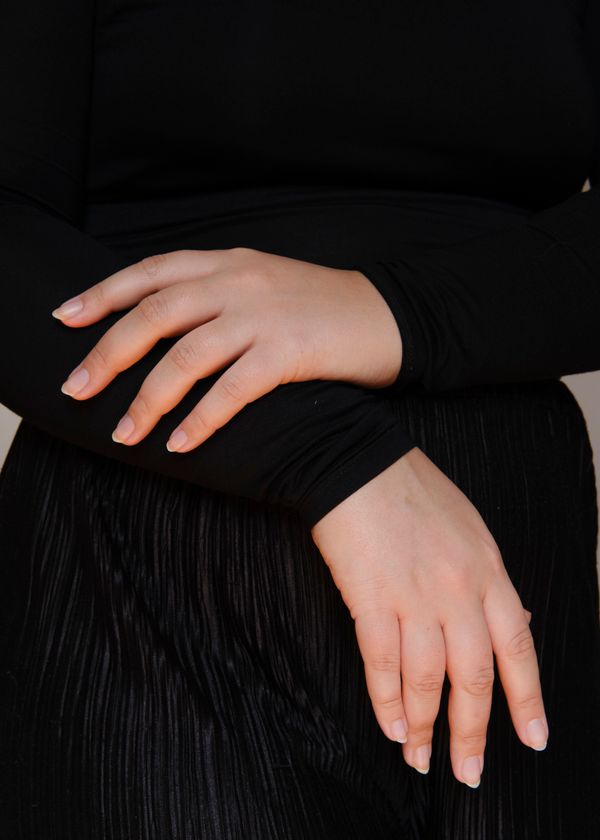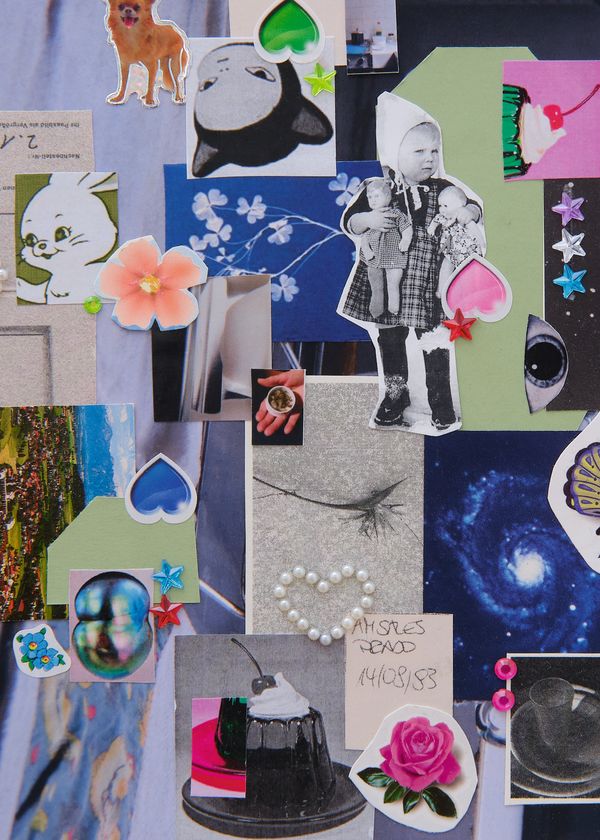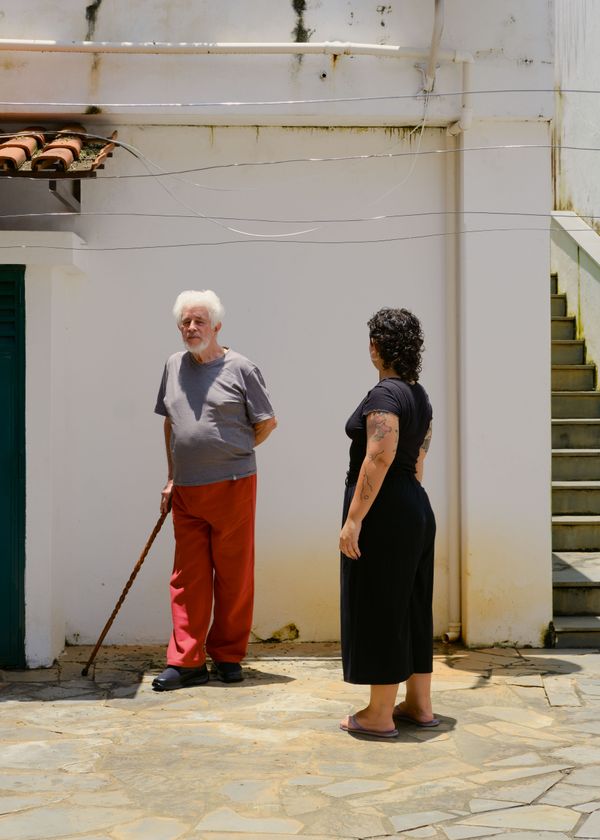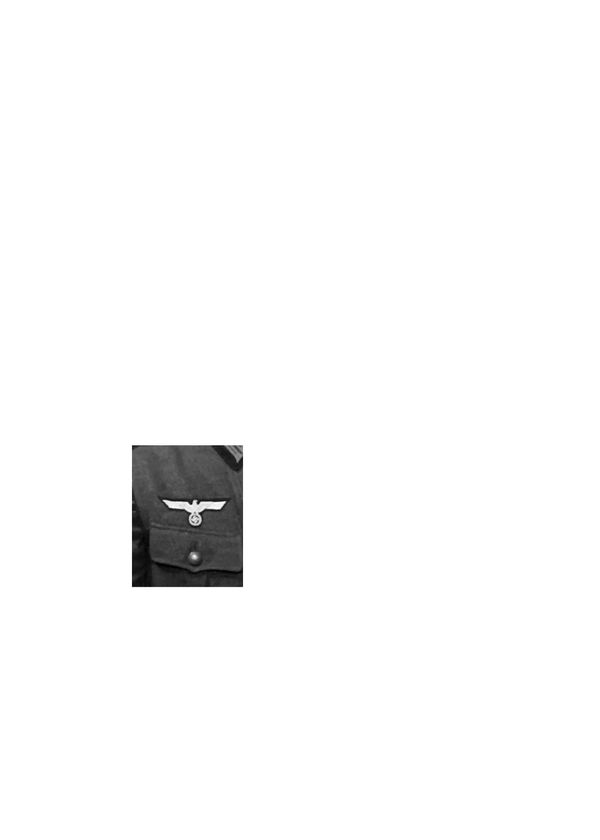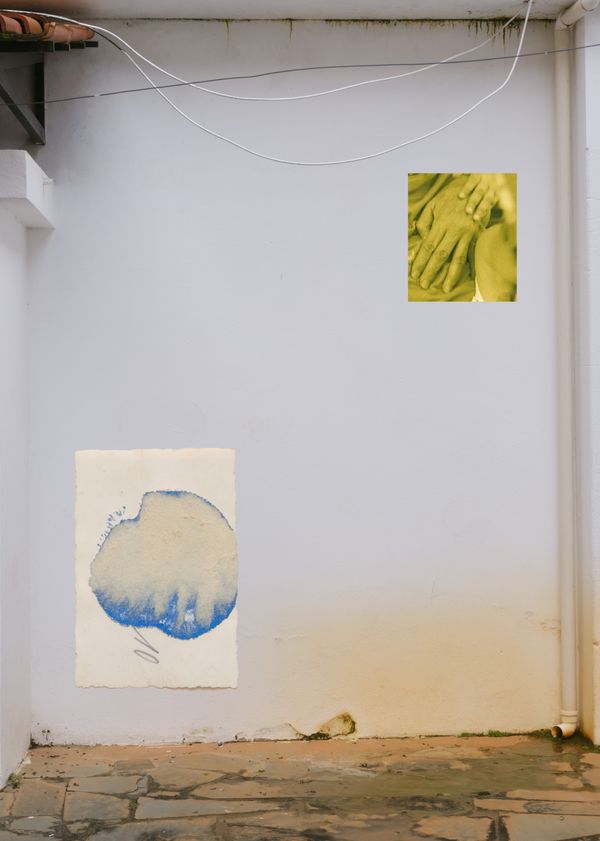It is the aura of my fingers that sees the egg
-
Dates2022 - 2023
-
Author
- Topics Archive, Portrait, Social Issues
- Locations Germany, Brazil
Where am I really from? Searching for self-empowerment through representation, I create visual counter-narratives that produce a moment of irritation or even resistance to usual stereotyping imagery in a post-migrant German context.
I begin with an empowering approach and ask myself: where am I really from?
In this work I search for self-empowerment through representation, particularly concerning themes of identity and origin. Through a photographic process closely linked to (visual) research, I explore and reflect on various archives, histories, and documents. The intention is to create counter-narratives that produce a moment of irritation or even resistance to usual stereotyping imagery in a post-migrant German context. There‘s a deliberate omission of nationalities, and (family) narratives are interwoven with elements of fiction.
I reverse the original question, which is directed against supposedly non-German and racialized bodies and which, in its banality, is part of everyday German life. What is relevant here is that I decide when and how to answer the question. The aim of the work is a self-empowering practice of representation, the refusal of complete transparency as well as the production of complexity that allows for different spaces of interpretation and negotiation.
My work reflects decolonial strategies within photographic practice: How can photographic images be conceived to formulate a counter narrative? Can this result in a de-linking of normative, often stereotyping, imagery around thematic complexes such as origin or identity?
I delve into archives, turn over images, recreate them, and try to make memory visible. My storytelling seeks to disengage from a Western-centric concept of time, breaking free from normative spatial and temporal frameworks. This includes an uncoupling from patriarchal narrative structures, which are dominated by births, marriages or deaths. I‘m interested in the intersections, coincidences, and new contexts that emerge through the stories that lie between the lines. There‘s also an exploration of the repetition of both small and grand narratives, which appear cyclical and fragmented.
The title is a quote from the text "The Egg and The Chicken" (1964) by the author Clarice Lispector. She reflects on the identity of an egg, being abstract, fictional and absurd.
